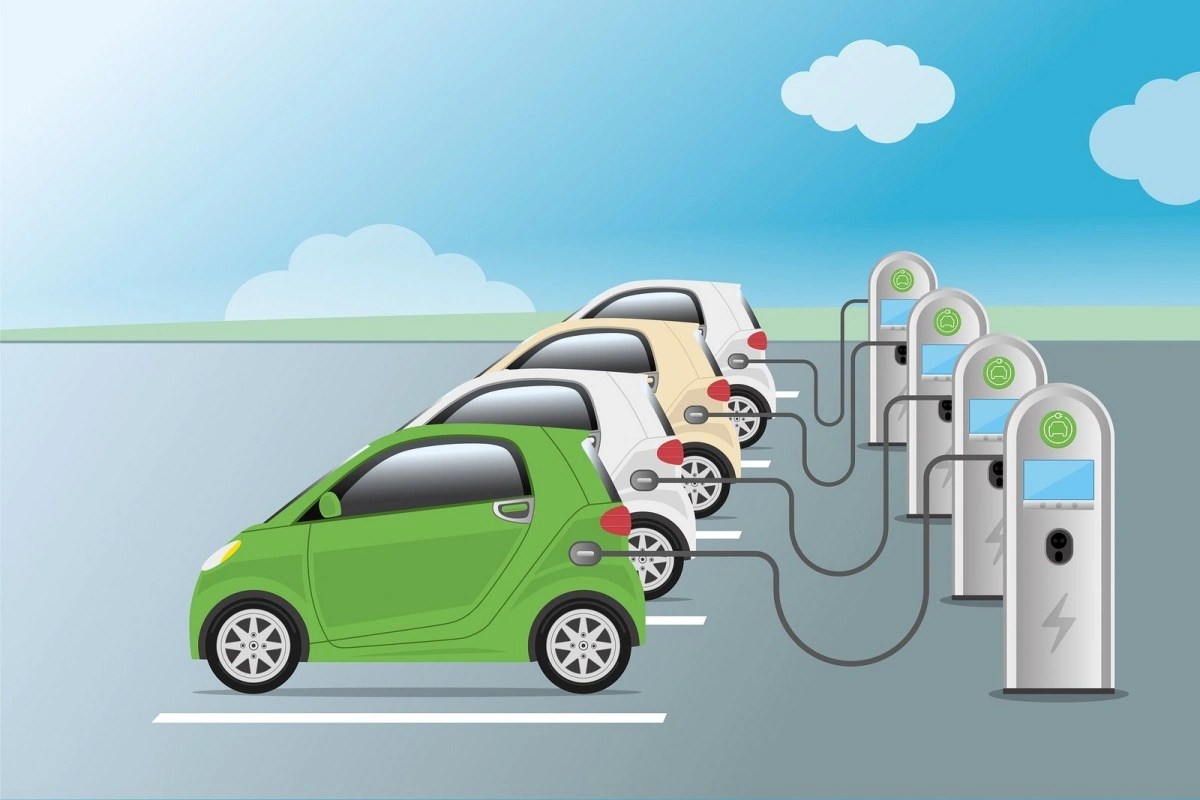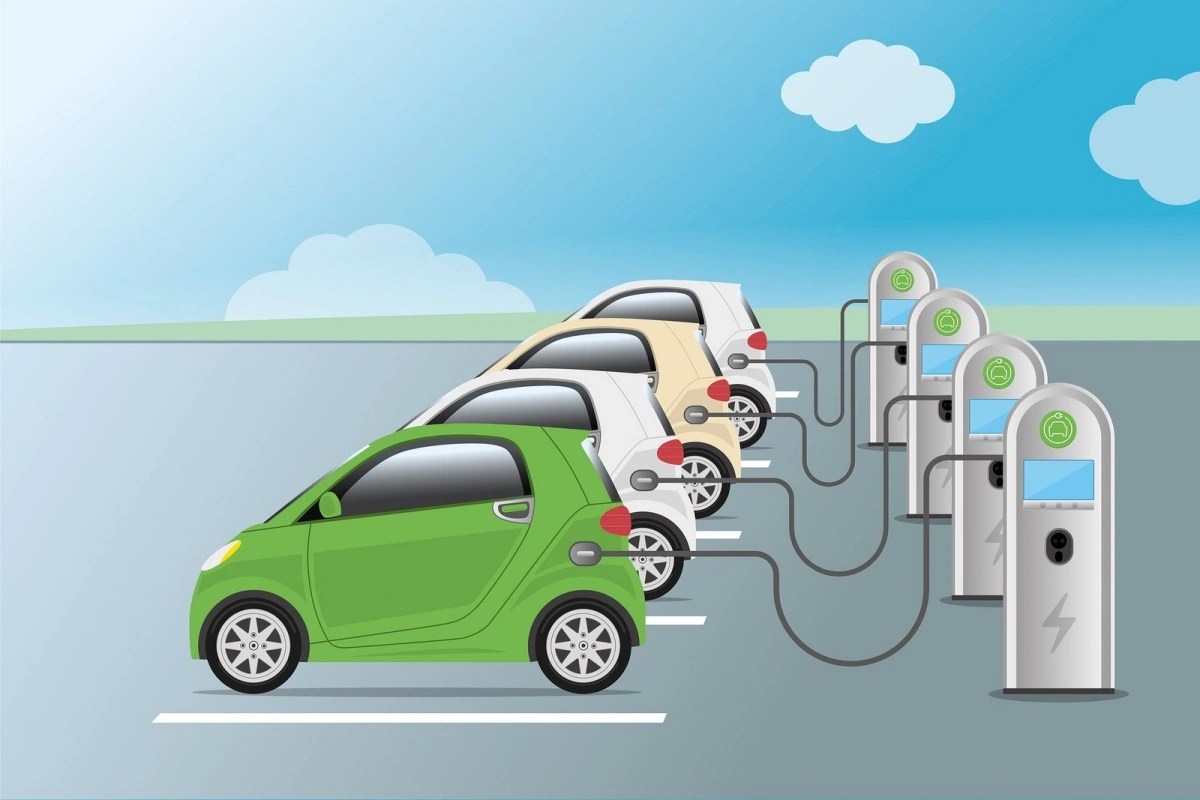How to Establish EV Charging Infrastructure? Regulatory compliance | iFlowPower
Regulatory compliance is a crucial aspect of installing an EV charging station, ensuring that the infrastructure meets legal requirements and standards. Here's an overview of regulatory considerations for EV charging stations:
Building Codes and Zoning Regulations
Obtain necessary permits and approvals from local building authorities and zoning departments.
Ensure compliance with building codes regarding electrical installations, structural requirements, fire safety, accessibility, and environmental impact.
Electrical Codes and Standards
Adhere to electrical codes and standards specific to EV charging infrastructure, such as NEC (National Electrical Code) in the United States or IEC (International Electrotechnical Commission) standards in other regions.
Ensure proper wiring, grounding, over-current protection, and electrical system design to meet safety and reliability requirements.
Environmental Regulations
Consider environmental regulations related to the installation and operation of charging stations, such as permits for land use, pollution control, and hazardous materials handling.
Implement measures to minimize environmental impact, such as proper disposal of waste materials and compliance with energy efficiency guidelines.
Accessibility Requirements
Ensure that EV charging stations comply with accessibility standards for individuals with disabilities, including provisions for accessible parking spaces, signage, and user interfaces.
Follow guidelines such as the Americans with Disabilities Act (ADA) in the United States or equivalent regulations in other jurisdictions.
Energy Metering and Billing
Install energy meters and billing systems to accurately measure and bill for electricity usage at charging stations. Comply with regulations regarding metering accuracy, data privacy, billing transparency, and consumer protection.
Safety and Risk Management
Implement safety measures and risk management protocols to prevent electrical hazards, fire risks, and personal injuries at charging stations. Follow safety guidelines for equipment installation, maintenance procedures, emergency shutdown protocols, and user training.
Network Connectivity and Data Privacy
Ensure secure network connectivity for charging stations, including protocols for data transmission, cybersecurity, and protection of user information. Comply with data privacy regulations, such as GDPR (General Data Protection Regulation) in Europe or CCPA (California Consumer Privacy Act) in the United States, regarding the collection, storage, and usage of user data.
Interoperability and Standards Compliance
Adhere to industry standards and interoperability protocols to ensure compatibility between EVs and charging infrastructure from different manufacturers.
Follow standards such as SAE J1772, CHAdeMO, CCS, and GB/T for charging connectors, communication protocols, and power delivery specifications.
Documentation and Recordkeeping
Maintain accurate documentation and records of regulatory approvals, permits, inspections, maintenance activities, and user agreements related to EV charging stations.
Keep records of energy usage, billing transactions, user feedback, and compliance audits for regulatory reporting and accountability.

FAQ
Advantages
About iFlowPower
Regularly review and update EV charging infrastructure to maintain compliance with evolving regulations, industry standards, and best practices. Conduct periodic audits, inspections, and risk assessments to identify and address compliance issues, safety hazards, and operational improvements. By addressing these regulatory considerations, EV charging station operators can ensure legal compliance, safety, environmental responsibility, and a positive user experience for electric vehicle drivers.













































































































